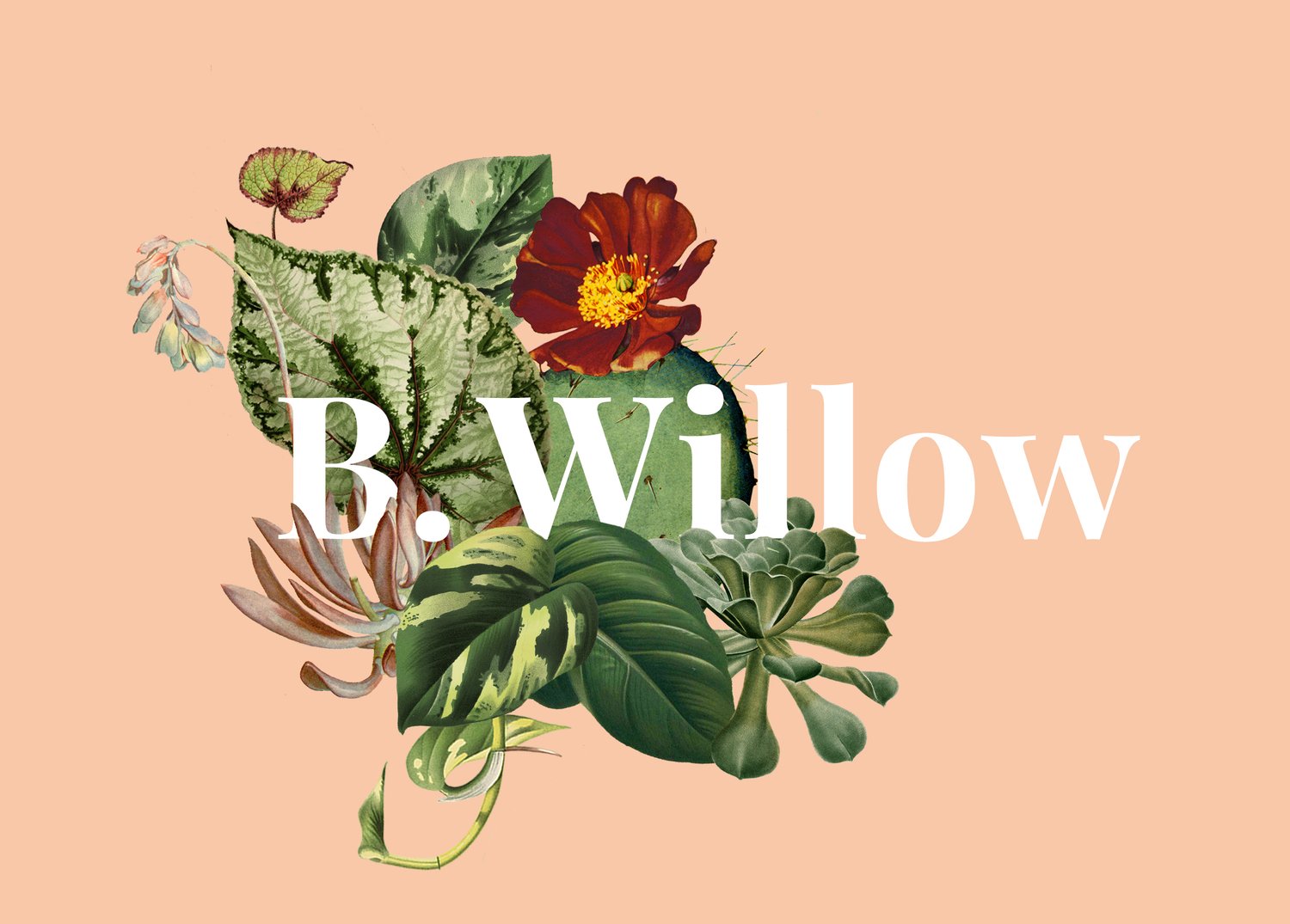Our Conservation Efforts
Help support our on-going fundraising efforts to aid global plant conservation. Through a formal partnership with the IUCN CSSG (International Union for the Conservation of Nature, Cactus and Succulent Specialist Group) and the DBG (Desert Botanical Garden) we are working to create more awareness of the illegal plant trade, most notable surrounding cacti, succulents, carnivorous plants, as well as the poaching of rare aroids and tropical plants. Our fundraising efforts include a percentage of sales ($1 from every cactus and 100% of donation-based tickets for virtual lectures and in store events).
We are also partnered with the Center for Plant Conservation, to help promote awareness and raise funds for endangered native US plants!
The house plant boom has spurred the growth of independent sellers on online platforms such as Etsy, Ebay, Amazon or Facebook. These platforms are unregulated and have created incentives for individuals to harvest plants in the wild to be sold online.
As a player in the horticultural industry, we cannot sit by idly, without doing our part to raise awareness, to help dismantle this illegal trade, and to support the conservation of plants in the wild.
Find this design printed on tote bags and postcards (free) in shop. A portion of tote bag sales goes directly to the CPC. We plan to add the totes to our online shop in mid February, 2024! We plan to build this into an entire line of goods, all featuring different native US plants facing extinction, a portion of sales always going directly to the Institutions working to conserve them.
Our fundraising efforts were recently published in a New York Times article:
Global Cactus Traffickers Are Cleaning Out the Deserts
1035 cacti from the genera Copiapoa and Eriosyce native to Chile were seized in Italy, valued at $1.2 million on the black market. Rather than distributing them to botanical gardens in Italy, the goal was to repatriate these incredibly special plants back to Chile. Endemic to the Atacama region in Chile, they cannot be found anywhere else in the world
The global authority in cacti and succulents in the world, @iucn_cssg, was part of the working group that coordinated the process to ruturn the cacti. who worked to figure out repatriation of the Copiapoa back to Chile. Back in March we formally announced our partnership with @iucn_cssg. We launched this by making them our featured environmental org of the month. A % of sales, gratuity and donation-based ticket sales from a virtual lecture by @jaredinpixels went towards our fundraising efforts. We raised about $965. Shortly after informing @iucn_cssg about the total, they asked if we’d consider using that money to fund the shipment of Copiapoa back to Chile. The existing funds had run dry but boxes remained to be shipped. Of course we said yes.
What should you take away from this?
1) A small plant shop in Baltimore with a passion for having a positive impact on the environment can make a difference.
2) Plant conservation is massively underfunded. Regularly collecting small amounts of $ can make a difference, and all plant shops should be doing what we’re doing. The horticultural trade must take responsibility for its impact on the environment.
3) Not enough people are becoming botanists. In a 2022 article The botanical education extinction and the fall of plant awareness, “the total number of graduates from general biology programmes in the United Kingdom between the period 2007 and 2019 was approximately 104,895, while those enrolled in plant science and plant biology programmes accounted for <0.05% of these students (n = 565).”
4) Know where your plant sellers source their plants and feel confident asking them!
5) Be very cautious when buying plants online via @etsy @ebay @amazon @facebook.
6) If a plant is rare is it worth buying if you can’t guarantee ethical sourcing? Is the buying and selling of plants worth driving them into extinction in the wild?
As a for-profit company, we understand the importance of transparency.
Below is our MOU (Memorandum of Understanding) between ourselves, the IUCN CSSG and the DBG (Desert Botanical Garden):
As a player in the horticultural industry, we think it’s incredibly important to set high standards for the industry as a whole. Step one for an individual selling plants is to be licensed by the USDA as a plant dealer/grower. Without this basic step being taken, enforced and expected by consumers, it will continue to make it difficult to track down bad actors. Request to see proof of licensing from your plant sellers!





